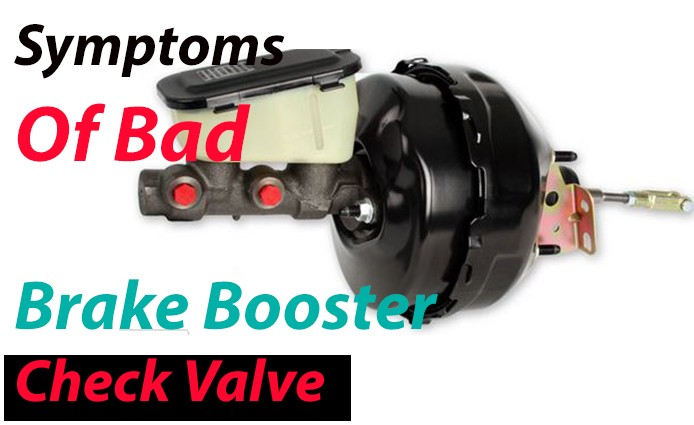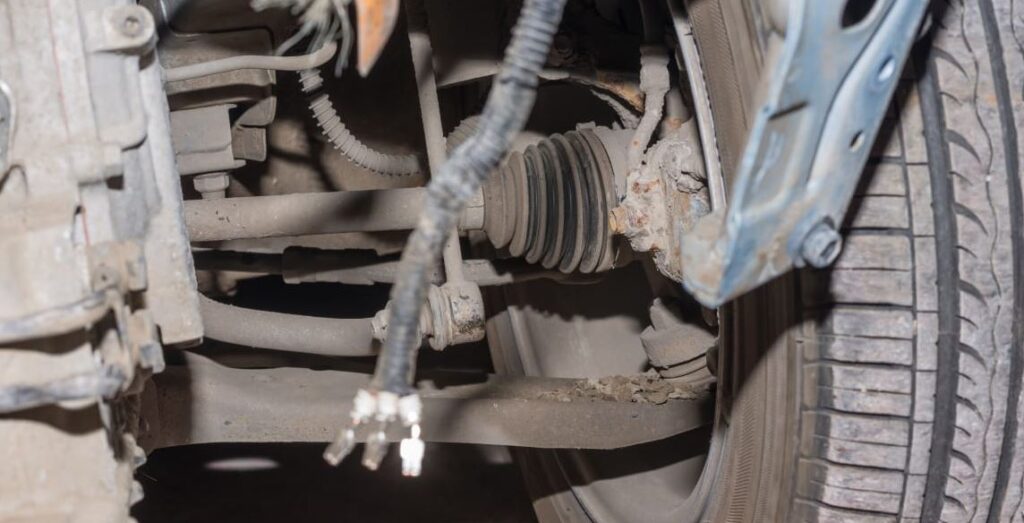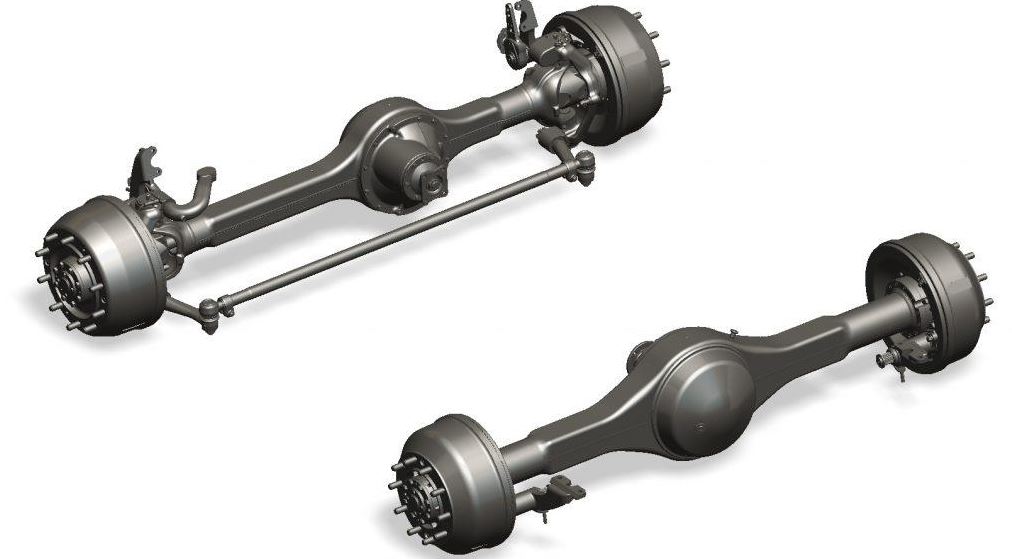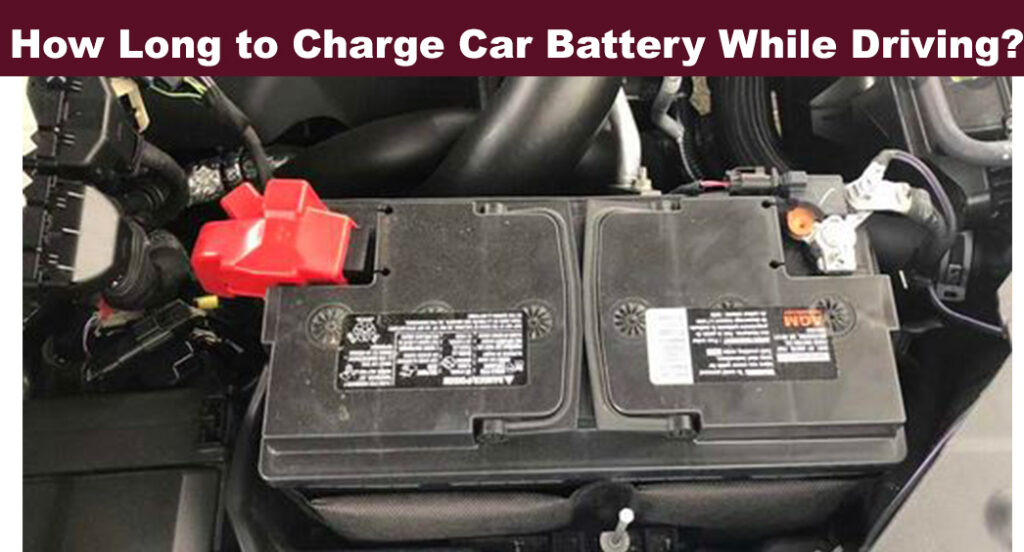Last updated on January 13th, 2023 at 08:25 pm
Many of us know that brakes are very essential parts of a car. We may know how they work and what they do, but do you really know what a break booster is?
Break boosters are enhanced master cylinders, that help to modulate the brakes smoothly as you slowdown or accelerate.
They also enable your car stop quickly in emergency situations. You can find this in the drivers side firewall. This tells you that even a slight fault in this setup could lead to a whole lot of problems for your car.
Symptoms Of A Bad Brake Booster Check Valve (Bad Brake Booster Vacuum Leak)
As a car owner, you must know how frustrating it is when you try fixing a problem over and over again without much results, especially when you have been seeing some signs but couldn’t tell where or how to even fix it.
The brake booster is quite delicate so you need to pay attention to your car and note those symptoms it displays when the brake booster check valve is about to develop a fault or has a vacuum leak.
Related Articles:
All About a Manufacturer Buyback Car Value
Toyota Prius Check Engine Light Diagnosis
So How Do I Know If My Brake Booster Or Master Cylinder Is Bad?
The brake booster or master cylinder are quite complicated and may look perfect on the outside but go haywire within.
The answer to the pressing question “How do I know if my brake booster or Master Cylinder is Bad?” Can be answered by looking at common signs that occur when the brake booster is faulty.
Here are the most common symptoms of a faulty brake booster.
- Brake Fluid Leak
This is usually the first sign of a brake booster problem. Fluid begin to leak in the car’s engine or on the foot well. Once you notice this, simply check the master cylinder or look at the foot well directly behind the brake pedal.
- Stiff Brake Pedals
When your brake pedal becomes difficult to push, stiff or fails to respond completely, then your break pusher is obviously faulty. You need to check for vacuum leaks or change the booster completely.
- Your Car Takes Longer To Stop
A brake booster defect means that your pedal does not get enough pressure to stop when pressed.
You may have to push the pedal severally before your car eventually stops. Remember, this could be particularly dangerous in slippery or sloppy road so you need to change it quickly.
- Dash Hisses
Hissing sounds beneath your dashboard, means that the vacuum is escaping quickly and your brake could be damaged already.
- Your engine stalls
Even though theses might seem to have little to no connection, brake booster malfunction could make your car’s engine to stall, shake aggressively or grid whenever you change gears.
Luckily, this is a very obvious warning which you shouldn’t take for granted.
I hope the above gives you ideas and answers the question “How do I know if my brake booster or Master Cylinder is Bad?” thoroughly.
Will A Bad Brake Booster Cause Brakes To Lock Up?
These days, many car owners ask numerous questions about the effect of a bad brake booster, among which “Will A Bad Brake Booster Cause Brakes To Lock Up?” always stands out.
Interestingly, a bad brake booster sops the list among the many reasons for brake lockups.
This is because the power brake booster which naturally allows you to use minimum force to move your car, may cause your become pedals to become unresponsive.
To remove all doubts, remove the vacuum hose when next your brake locks up and if they become free, you need to change your booster.
By now, if someone were to ask you “Will A Bad Brake Booster Cause Brakes To Lock Up?”, you’ll definitely know.
Can A Bad Brake Booster Cause Stalling?
Admittedly, many car owners get frustrated when their engines begin to stall or malfunction.
It is therefore confusing when they learn that a bad brake booster is the cause, hence the many “Can A Bad Brake Booster Cause Stalling?’’ searches on google.
Whether a bad brake booster can cause stalling is determined from its effect on the car.
A Faulty brake booster will reduce the vacuum drawn from the engine. This will cause the engine to stall even when you apply much pressure when pressing the pedals.
Immediately you notice this, have your car checked out and change the booster. So can a bad brake booster cause stalling? The answer is yes.
Can A Bad Brake Booster Cause A Vacuum Leak?
How does one determine whether a bad break booster causes a vacuum leak?. You can do this by using a vacuum gauge to check if your vacuum is adequate or simply press the brake pedal with the engine off to see if the brake gets hard to press.
You could also try to exhaust the vacuum before turning on the engine. If the pedal does not drop slightly, then your brake booster may have damaged the vacuum.
Vacuum leaks can actually be caused by brake booster faults. So there you have it, the answer to the question “Can a bad brake booster cause a vacuum leak?” is yes.
How To Test Brake Booster For Leaks
Testing brake boosters for leaks is quite easy. You just have to start your engine and repeatedly press the pedal slowly.
Stop pressing the pedal and hold it on moderate pressure. The pedal should drop slightly if the booster is optimum. Make sure you check the vacuum gauge before you start.
In trying to test brake booster for leaks, you could also try turning the engine off and pumping the brakes severally to deplete the already stored vacuum.
This is also an effective way to test brake booster for leaks.
Symptoms Of A Bad Brake Booster Check Valve
Truthfully, the brake booster check valve is usually one of the most neglected parts during a maintenance check. Surely, this part shows several signs when there is a fault or complete damage. Here are some top symptoms of a bad booster check valve.
- Brakes stop working completely
- Brakes are do not respond smartly when pushed
- Brakes lock after being replaced
- The engine stops abruptly
If you spot any of these top symptoms of a bad booster check valve, take action immediately.
What Are The Symptoms Of A Bad Brake Booster?
The major symptoms of a bad brake booster are that your brakes become soft or hard, takes too long or requires too much effort to respond.
The vacuum may also leak or brake fluid could leak down to the foot well and the dash board begins to make a hissing sound.
Watch out for these symptoms and quickly replace the bad booster to prevent danger and remember to inspect your brake system regularly.
The symptoms of a bad brake booster are usually very visible so you don’t have to worry about missing them.
What to read next: 5 Reasons for Subaru Outback Flashing Brake Light & How to Fix It

Hi dear, I am Dennis Gift, an autobody repair technician with over 4 years of experience; and I love everything about fitness and cars and researching and sharing my experience. And this is where I get to do that freely without reservations. So come along with me.




